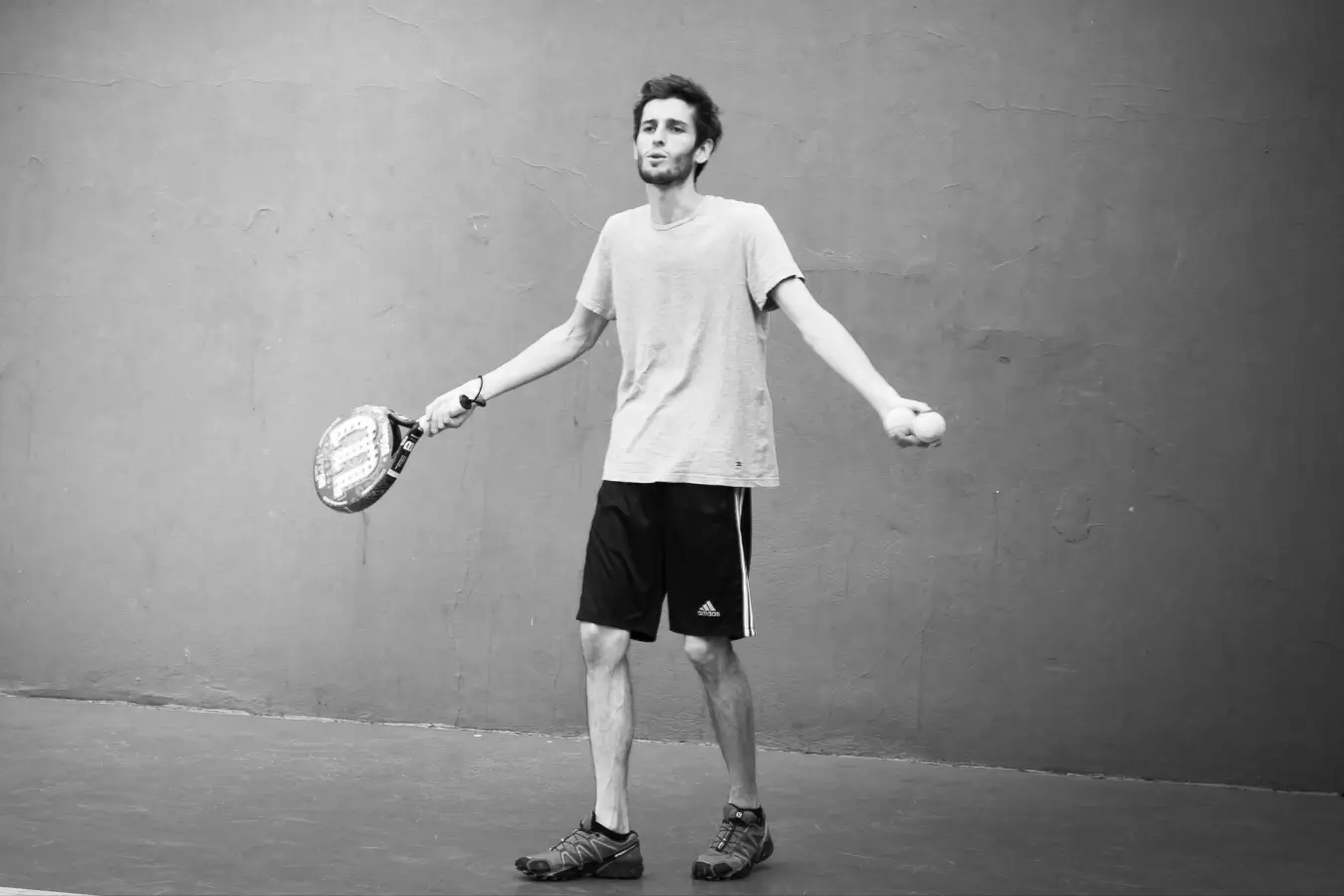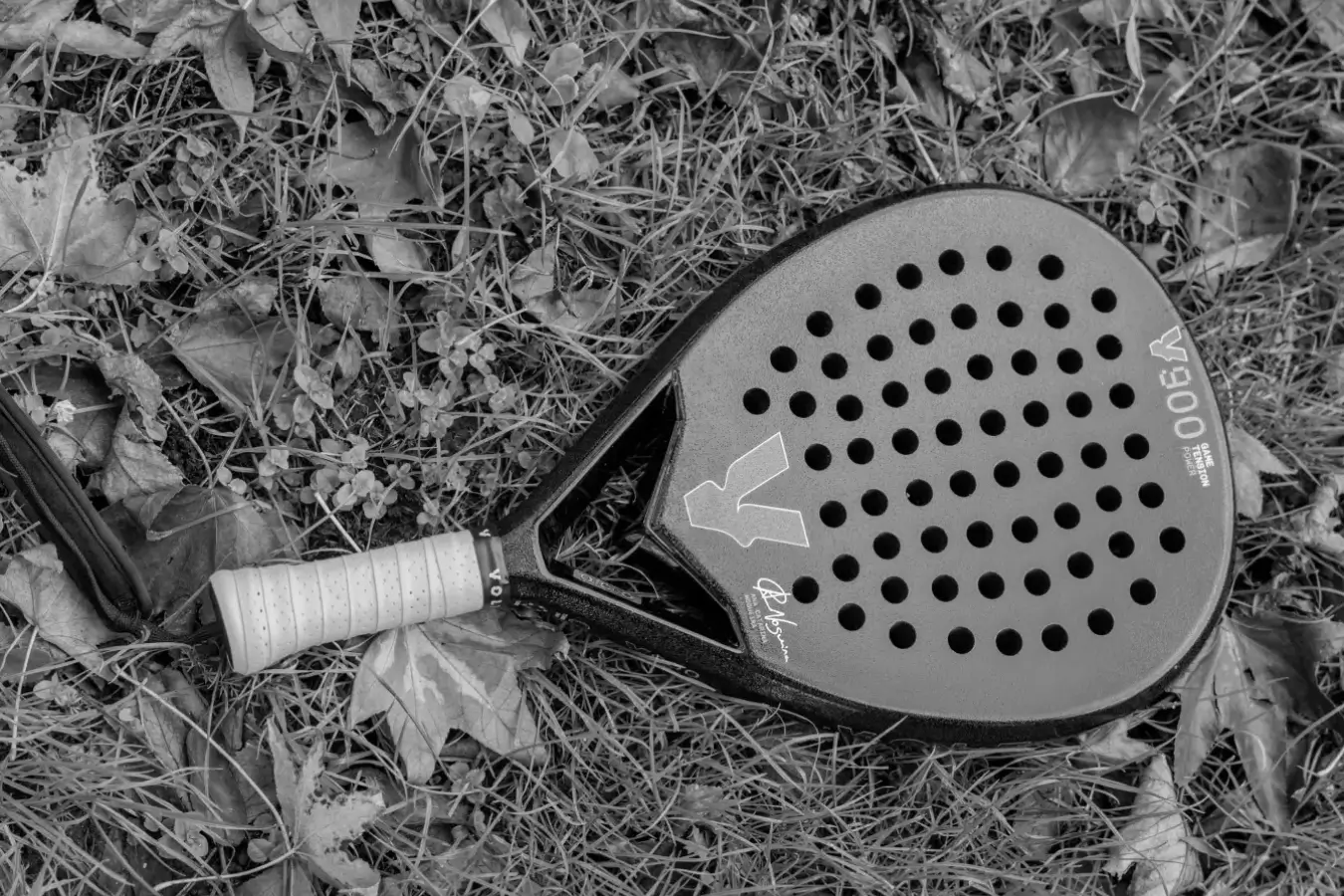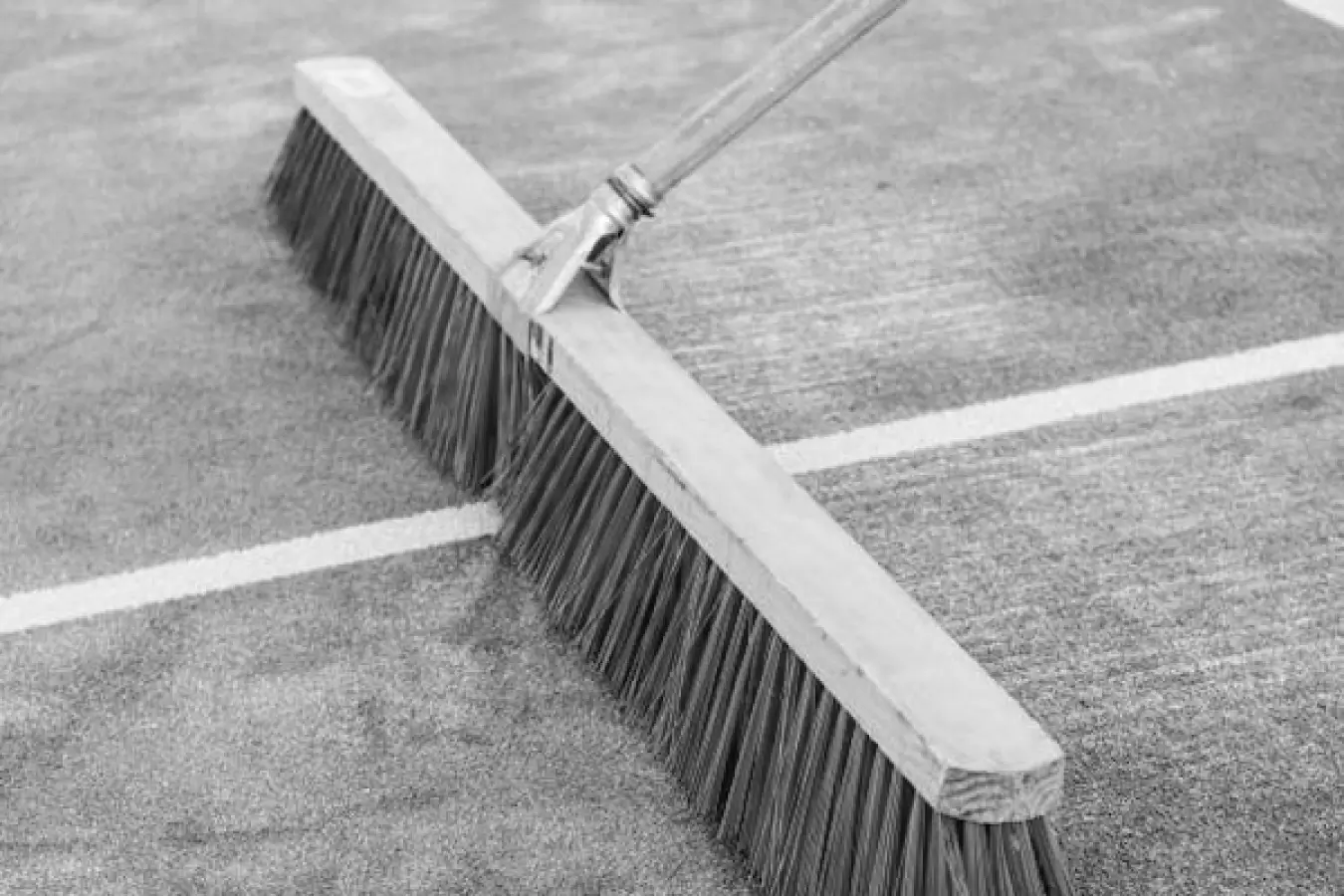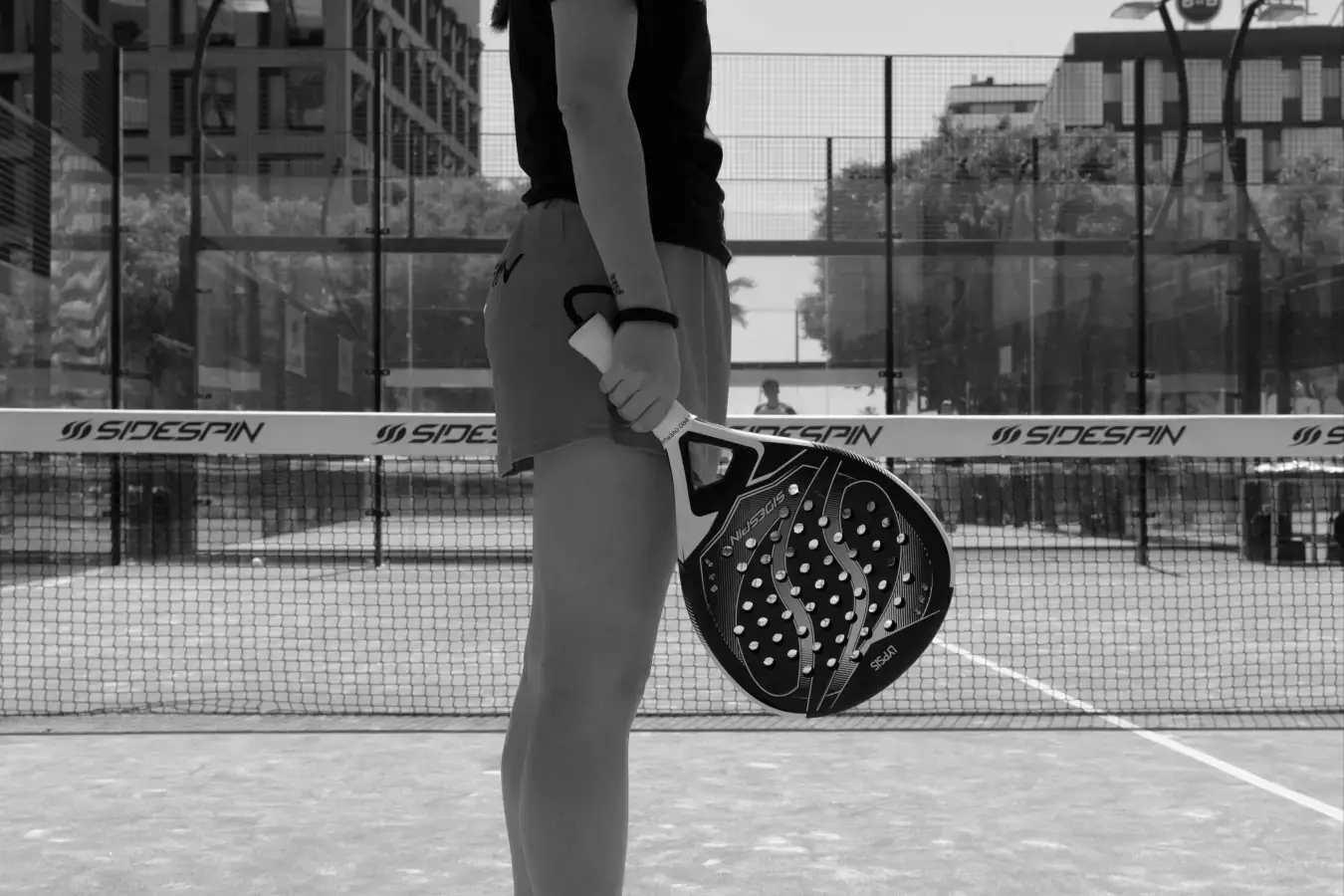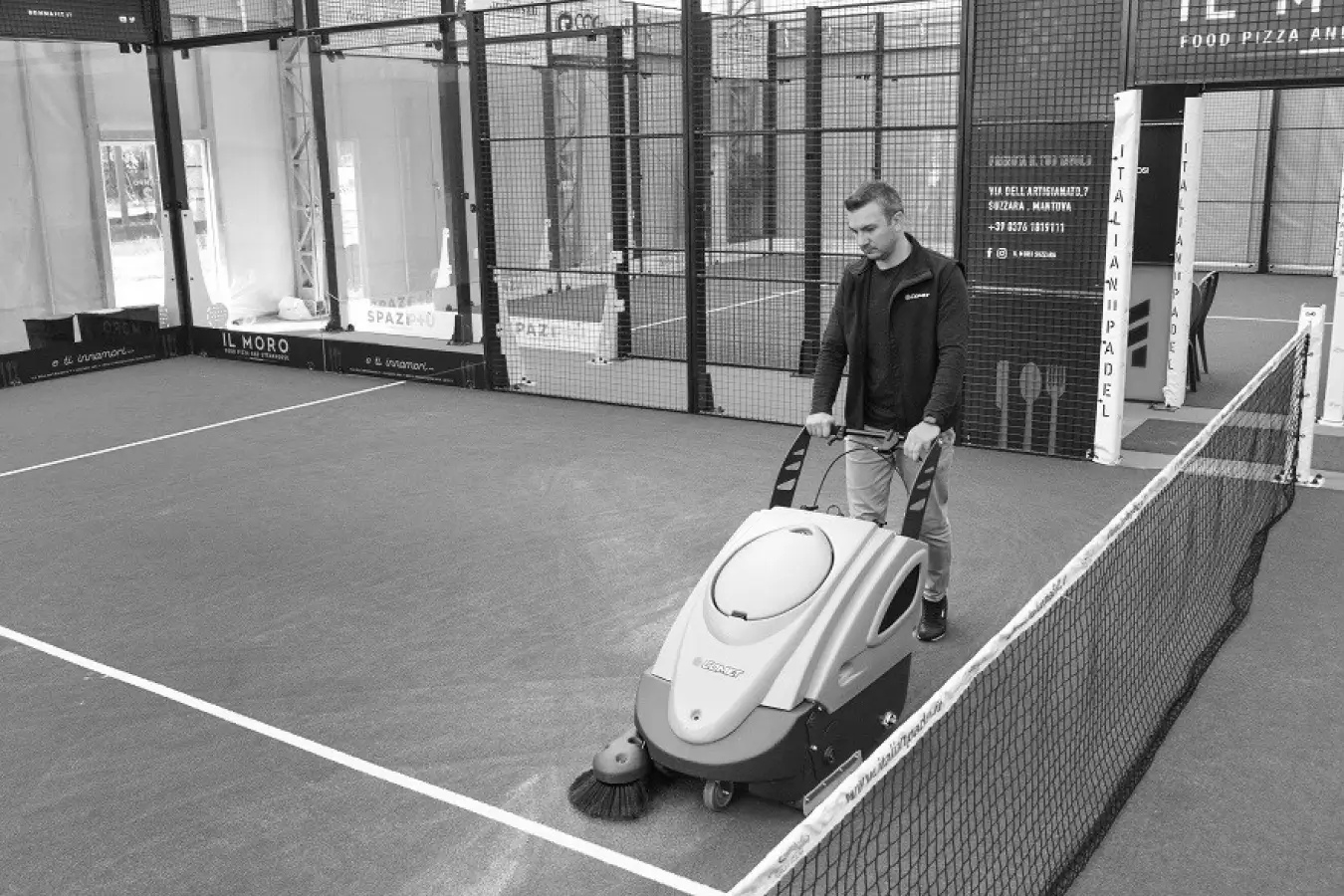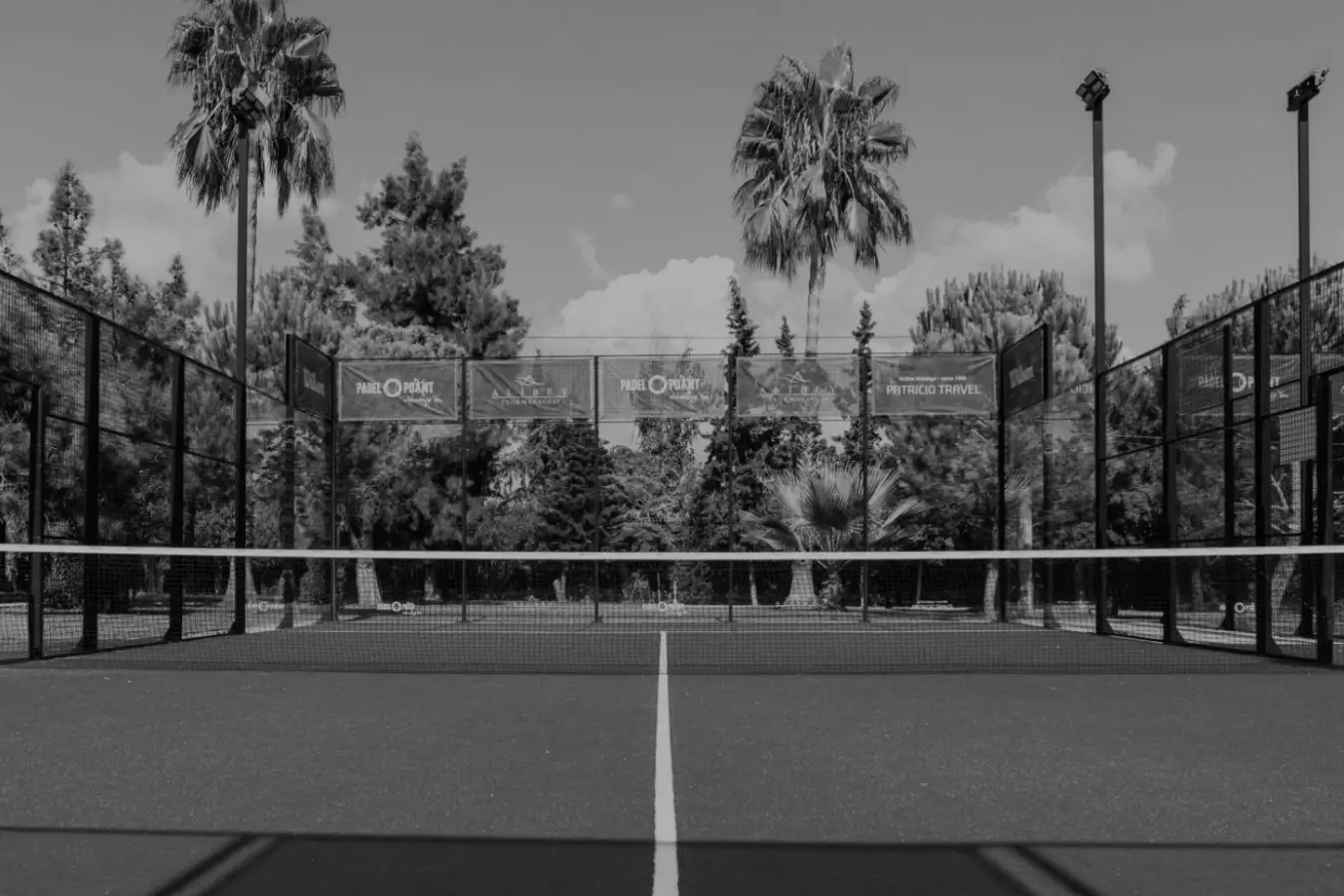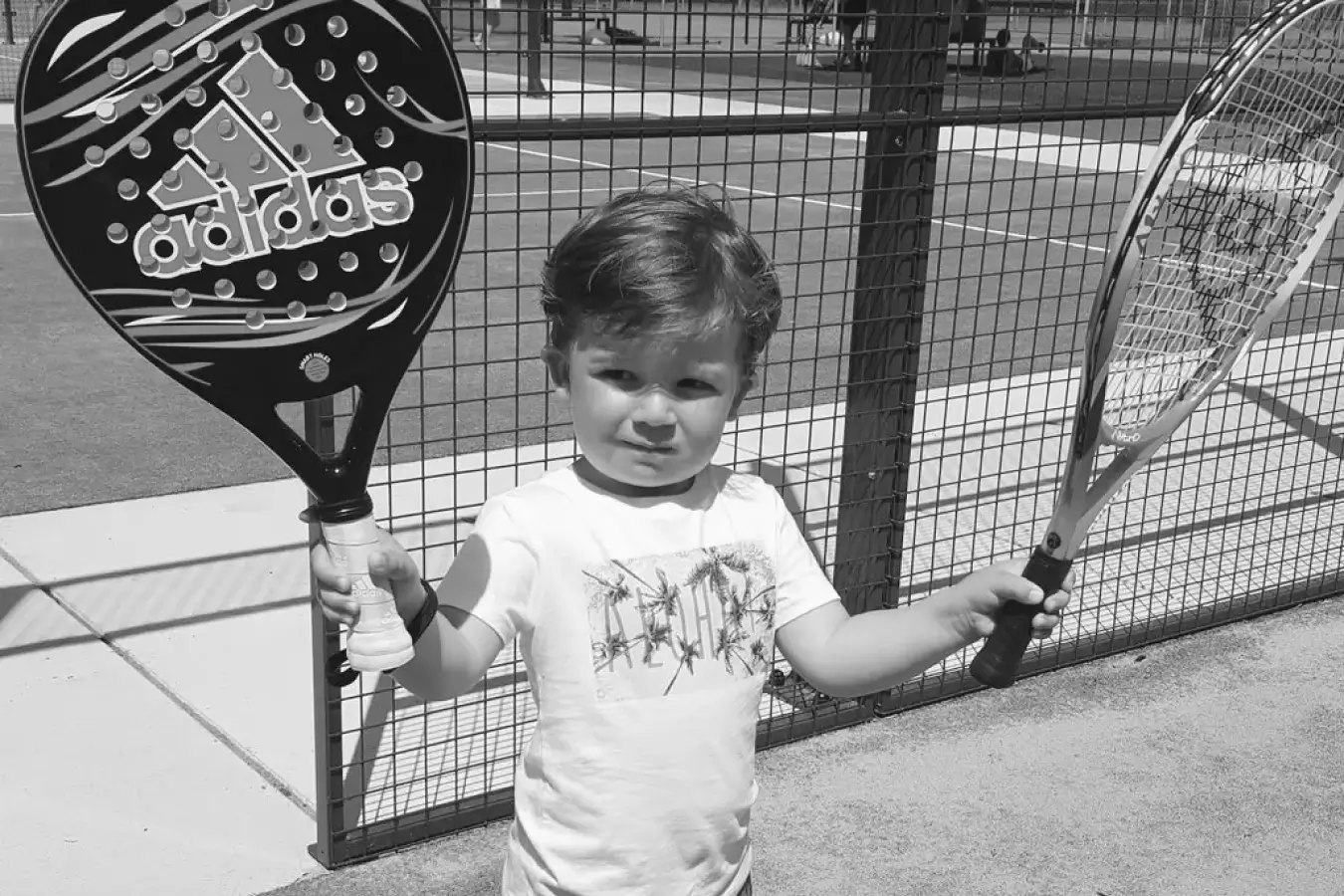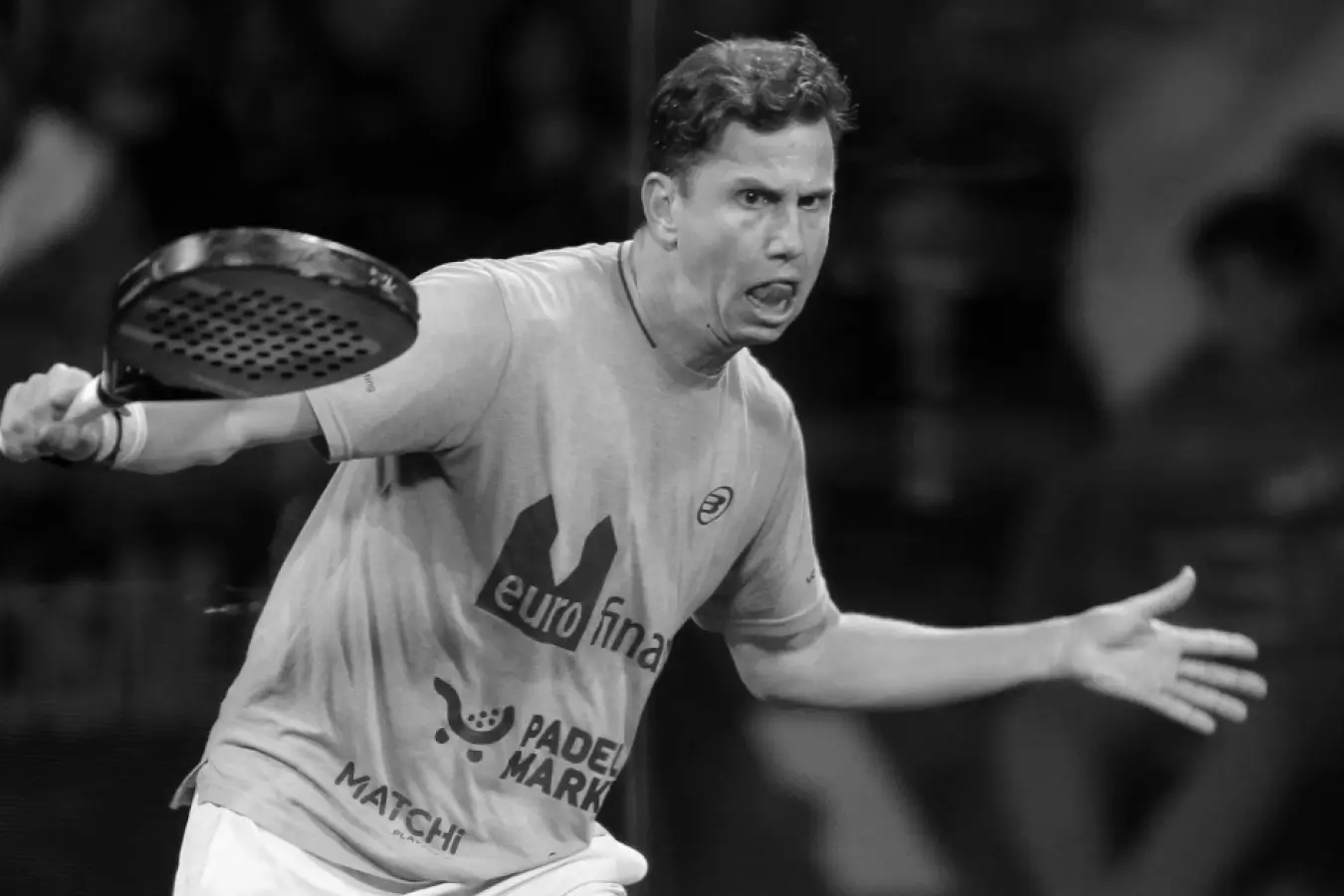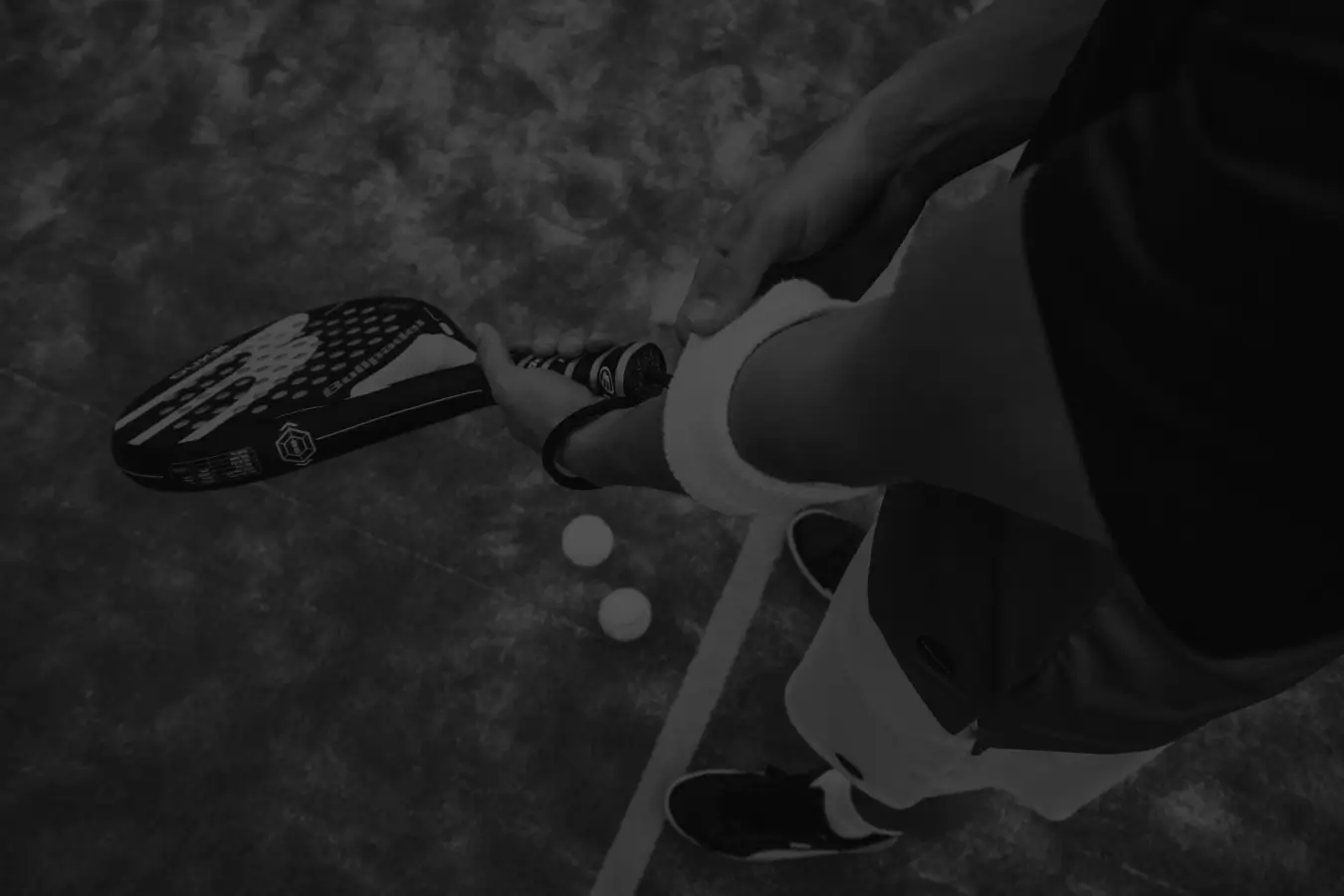Do I Need to Be a Professional Player to Coach Padel?
No, you don’t need to be a professional player to coach padel. That’s the short answer, and it’s the truth. Coaching padel isn’t about having a trophy room full of medals or competing at international levels. It’s about understanding the game, teaching it effectively, and helping others grow their skills. Now, let’s dive into the nitty-gritty of what it really takes to coach padel, why being a pro player isn’t a prerequisite, and what skills and qualities you need instead.
Coaching Is Not Playing
First off, let’s clear the air—coaching and playing are two entirely different skills. Just because someone is a brilliant player doesn’t mean they’ll make a great coach. The reverse is also true. Coaching is about teaching, mentoring, and communicating. It’s about seeing the game through the eyes of your players, understanding their needs, and helping them improve. You can have all the natural talent in the world as a player, but if you can’t explain how to execute a forehand or read your student’s body language during a lesson, you won’t succeed as a coach.
Being a professional player can give you experience and credibility, sure. But when it comes to coaching, what matters is your ability to connect with players, break down the game into digestible chunks, and help them develop—not how well you can smash the ball into the back wall.
What Do You Actually Need to Be a Padel Coach?
So if being a pro isn’t the golden ticket, what do you need instead? Let’s break it down into a few key elements.
- A Deep Understanding of the Game You don’t have to play like a pro, but you do need to know the game inside out. This includes the rules, techniques, tactics, and strategies. Can you explain why positioning is more important than power in doubles? Do you know when to lob versus when to hit a low drive? A strong grasp of the game’s nuances will make you a better coach.
- Teaching Skills Great coaches are great teachers. This means being patient, knowing how to communicate effectively, and understanding that different players learn in different ways. Some might respond to verbal instructions, while others need to see a demonstration. Your job is to adapt your teaching style to fit the player in front of you.
- Certifications and Training While certifications aren’t legally required everywhere, they go a long way in building your credibility as a coach. Organizations like the International Padel Federation or PadelMBA offer coaching courses that cover everything from technical skills to how to structure a lesson plan. Certification shows that you’re serious about coaching and have invested time in learning how to do it well.
- An Understanding of Player Development Coaching isn’t just about teaching skills—it’s about helping players grow. This includes understanding their strengths and weaknesses, setting goals, and guiding them through their journey. Whether your student wants to dominate local club matches or simply improve their backhand, your job is to help them get there.
- A Bit of Charisma Let’s face it: if you’re boring or overly technical, your players will zone out. Good coaches know how to keep things fun and engaging while still being informative. A little humor or an enthusiastic attitude can go a long way.
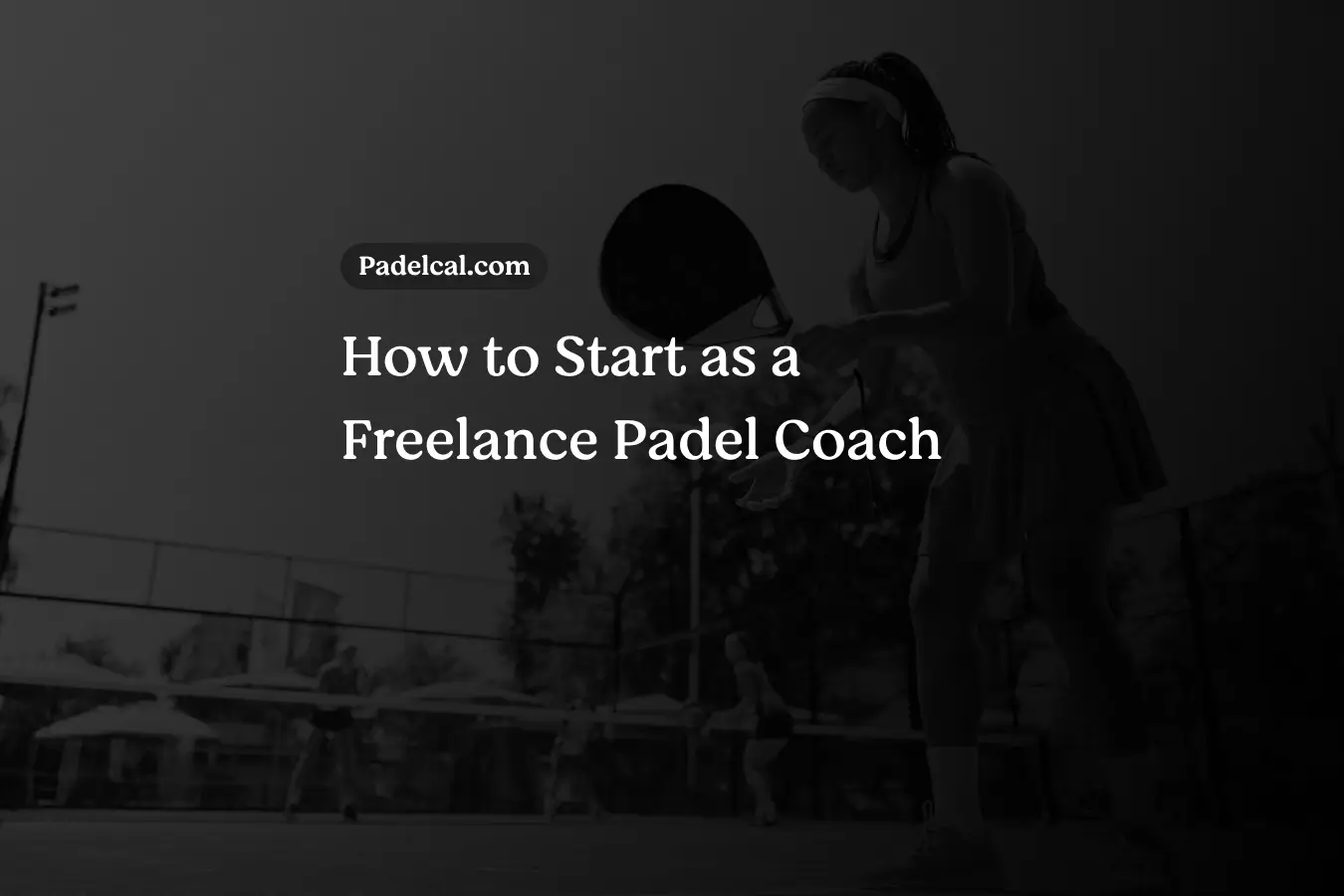
Why Being a Professional Player Isn’t Necessary
Let’s address the elephant in the room: why don’t you need to be a pro player to coach padel? It comes down to the difference between playing and teaching. Playing at a high level requires physical skills, mental toughness, and experience under pressure. Coaching, on the other hand, is about transferring knowledge, motivating players, and understanding how people learn.
Take other sports as examples. Some of the greatest coaches in history—think Sir Alex Ferguson in football or Phil Jackson in basketball—weren’t necessarily the best players. What they had were vision, strategy, and the ability to inspire others. Padel is no different.
In fact, being a professional player might even work against you in some cases. Pro players often find it hard to relate to beginners because their own skills come so naturally. They might struggle to explain basic concepts because they’ve never had to think about them in detail. As someone who’s had to learn and practice every step of the way, you might actually be in a better position to coach effectively.
The Importance of Certifications
While you don’t need to be a pro, you do need some level of formal training. Coaching certifications aren’t just pieces of paper—they’re proof that you’ve put in the work to understand how to teach the game. They also give you credibility, which is crucial if you want to attract students or work with clubs.
Certifications typically cover:
- Technical skills (e.g., stroke mechanics, footwork)
- Tactical skills (e.g., doubles positioning, shot selection)
- Lesson planning and structuring
- Communication and teaching methods
- Injury prevention and basic fitness training
Some popular certification programs for padel include:
- PadelMBA Coaching Courses: These programs are highly regarded and cover both beginner and advanced coaching techniques.
- International Padel Federation (FIP) Certifications: Offered globally, these courses are a great starting point for aspiring coaches.
- National Programs: Many countries have their own padel coaching certifications, tailored to their local systems.
How to Start Your Coaching Journey
If you’re serious about becoming a padel coach, here’s a simple roadmap to get you started.
- Play Regularly You don’t need to play at a professional level, but you do need to be competent on the court. Spend time improving your own game so you can demonstrate techniques effectively.
- Get Certified Enroll in a coaching course to build your knowledge and credentials. This will not only improve your coaching skills but also make you more marketable.
- Practice Teaching Start with friends or family. Offer to run a few informal lessons to get comfortable explaining concepts and giving feedback.
- Work at a Club Many padel clubs are looking for enthusiastic coaches. Joining a club gives you access to facilities, students, and a community of players to learn from.
- Keep Learning Coaching is a journey, not a destination. Stay up-to-date with new techniques, drills, and strategies by attending workshops, watching coaching videos, and networking with other coaches.

Common Misconceptions About Coaching Padel
Let’s bust a few myths while we’re at it:
- Myth: “You need to have won tournaments to coach.” Nope. What matters is your ability to teach and inspire others.
- Myth: “Coaching is all about technical skills.” Technical skills are important, but so are communication, patience, and adaptability.
- Myth: “If you’re a good coach, players will automatically improve.” Players need to put in the effort too. Your job is to guide them, not perform miracles.
The Growing Popularity of Padel and Coaching Opportunities
Padel is exploding in popularity worldwide, with new courts and clubs popping up every day. This growth has created a massive demand for coaches. Whether you want to coach full-time or as a side hustle, there’s plenty of opportunity to make an impact. And with the sport being so social and fun, coaching padel is as much about building relationships as it is about teaching skills.
Conclusion
You don’t need to be a professional player to coach padel. What you need is a deep understanding of the game, solid teaching skills, and a willingness to keep learning. Certifications can help, but your ability to connect with players and help them grow is what will set you apart.
So, if you love padel and enjoy helping others, don’t let the lack of a pro career hold you back. Get out there, hit the courts, and start coaching. Who knows? You might just help the next great padel player discover their potential—or at the very least, make someone’s day a little more fun.
Frequently Asked Questions About Coaching Padel Without Being a Professional Player
Can anyone become a padel coach?
Yes, anyone with a passion for the game and a willingness to learn can become a coach. Certification and practice will help you get started.
How long does it take to become a certified padel coach?
Most certification courses can be completed in a few weeks to a few months, depending on the program.
Do I need to be physically fit to coach padel?
While you don’t need to be an athlete, a basic level of fitness is important to demonstrate techniques and keep up with your players.
Is coaching padel a good career choice?
With the sport’s growing popularity, coaching offers plenty of opportunities, from working at clubs to running private lessons.
How can I attract students as a new coach?
Building relationships at your local club, networking, and offering free trial lessons are great ways to start attracting players.






